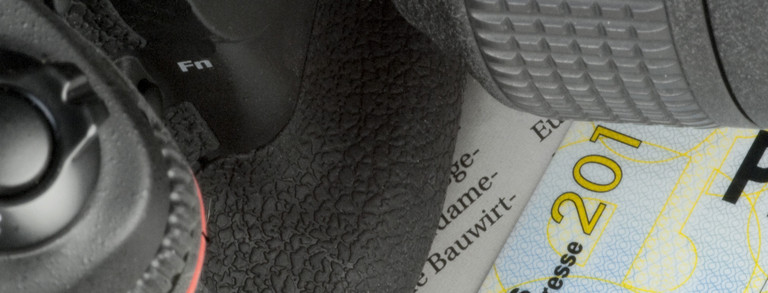Competence Center Machine Learning Launched at TU Dortmund University
- Research
- Top News
- Press Releases

“It is a special distinction for our scientists and for the entire region that we have brought the competence center to the locations Dortmund, Bonn and Sankt Augustin,” said Professor Ursula Gather, President of TU Dortmund University, in her welcome address. Together, TU Dortmund University, the University of Bonn and the Fraunhofer Institutes for Intelligent Analysis and Information Systems IAIS in Sankt Augustin and for Material Flow and Logistics IML in Dortmund will conduct cutting-edge research. The speakers of the Center are Professor Katharina Morik of TU Dortmund University and Professor Stefan Wrobel of the University of Bonn and the Fraunhofer IAIS.
One focus of the center is human-oriented machine learning. “We want to design machine learning processes so that the decisions made with artificial intelligence become understandable, traceable and validatable for human beings,” said Professor Katharina Morik. The scientists want to develop a kind of “wash tag” for algorithms: Simple symbols and “traffic light” status indicators should show which quality, energy and memory consumption algorithms have. After all, different criteria apply to different applications, according to Morik. Autonomous driving, for example, requires the highest quality class.
Another focus of the competence center is machine learning under resource constraints, which enables calculations even on small devices such as smartphones or directly in sensors. In addition, a third focus will combine machine learning with complex knowledge: Knowledge from different sources will be integrated into learning systems in order to ensure reliable results even with small or insecure data sets.




![[Translate to English:] Partner Four hands are holding the green logo of TU Dortmund University](/storages/tu_website/_processed_/1/d/csm_Partner_Nicole_Rechmann_KW_670eba0154.jpg)




![[Translate to English:] Forschung An apparatus with tubes in a laboratory](/storages/tu_website/_processed_/0/c/csm_Forschung_Juergen_Huhn_4fa3153b51.jpg)
![[Translate to English:] Studium Five students are sitting in a lecture hall. They are talking to each other.](/storages/tu_website/_processed_/c/9/csm_Studium_FelixSchmale_dbdbfb0dd7.jpg)






















